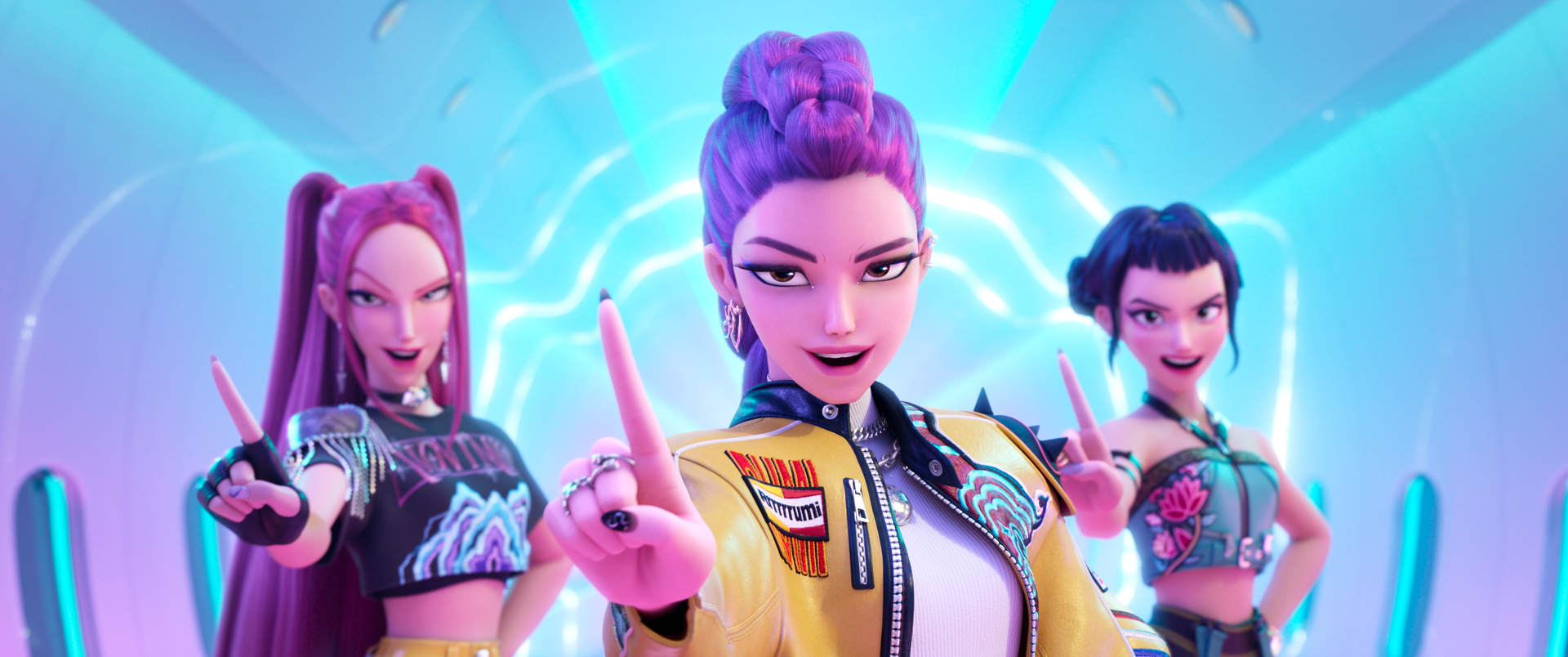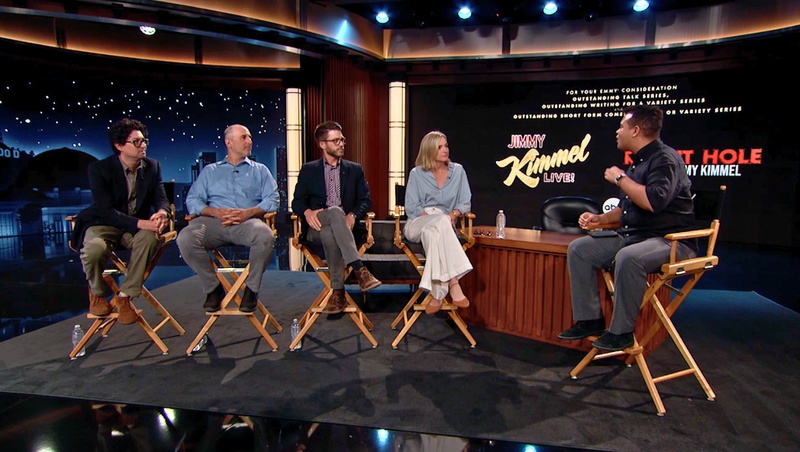[The following interview contains some spoilers for “The Waterfront.”]
Kevin Williamson was ready to put down his pen. In late 2019, following the cancellation of his CBS crime thriller “The Following,” the creator behind genre- and culturally-defining hits such as “The Vampire Diaries,” “Dawson’s Creek” and the “Scream” film franchise was feeling burnt out.
“I was in a deal at Warner Bros. where you have to sing for your supper a little bit, in terms of making a pilot every season. And if you don’t have a pilot, then, what good are you? So I realized I didn’t have a pilot to show,” Williamson told IndieWire during a recent interview. “I was doing TV shows I didn’t want to do. I was making shows I wouldn’t watch. And as soon as you start doing that, you’re in trouble. So I stopped and I quit, and I said, ‘No more TV.’”
But at the onset of the COVID-19 pandemic, with most productions left at a standstill across the industry, Williamson began feeling increasingly restless. The copious amounts of alone time had forced Williamson to start contemplating how he would finally tell his most personal story to date: a drama series, set in his native North Carolina, loosely inspired by his commercial fisherman father’s issues with the law.
In 1983, during Williamson’s transition from high school to college, his father, Wade, was arrested for using his own boat to participate in an elaborate drug smuggling operation, and he was later convicted of conspiracy to traffic marijuana in excess of 20,000 pounds — the same crime that Joey Potter’s dad was arrested for in “Dawson’s Creek.” In retrospect, Williamson insists that his father did what he felt he needed to support his family, because the fishing business in North Carolina at that time was about to go “belly up.”
“I always teased my dad that I was going to do a show about him, and at first he would joke and say, ‘Well, just wait until I’m dead.’ And then I finally said, ‘No, really, Dad.’ He goes, ‘Well, I don’t want to be dead and not see it,’” Williamson said, adding that Wade, a “Yellowstone” superfan, always wanted Kevin Costner to play him. “I started writing it, and then sadly, he passed [in 2020], but he was super proud. He was super excited for me. He was a very funny man, and I think he would’ve had a big smile on his face because he would’ve loved all the things we did.”
The final result is “The Waterfront,” which premiered this week on Netflix. Set in the fictional town of Havenport, North Carolina, the series stars “Mindhunter” star Holt McCallany as patriarch Harlan Buckley who, while recovering from two heart attacks, decides to retake control of his family’s crumbling fishing empire after his wife Belle (Maria Bello) and son Cane (Jake Weary) resort to increasingly dangerous means to keep themselves afloat. One of those means? Smuggling opium at the whim of a mercurial drug kingpin (Topher Grace).
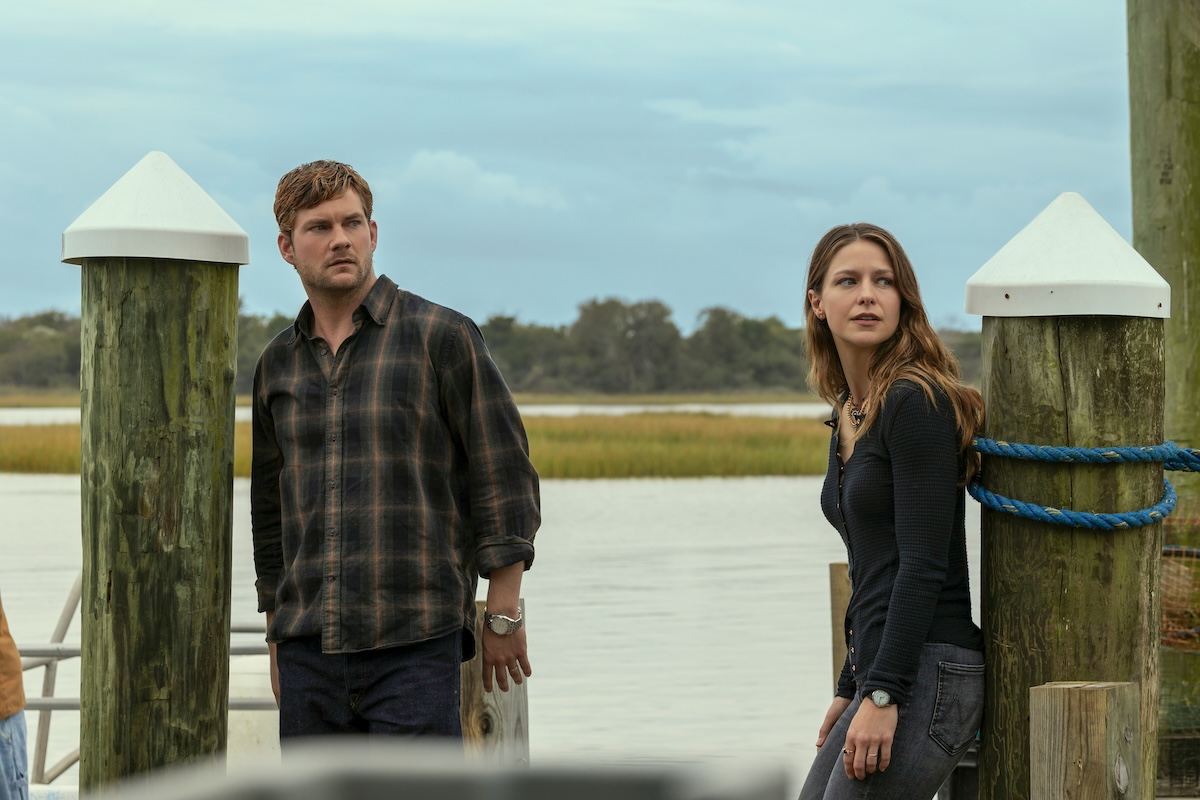
Given that he had just been contemplating retirement a few years ago, Williamson, who just turned 60 last year, admits that telling such a personal story has given him a second wind. “I’m not going to sit down yet — one day soon, but not today,” he said with a playful smile. “Look, I’m not writing teenagers anymore. I can’t keep writing teenagers my whole career, so it was nice to sit down and write some adults.”
Speaking at the end of another long day of editing the next “Scream” sequel, Williamson opens up about the real-life elements which informed his long-awaited return to TV, how that explosive finale sets up a potential sophomore outing, the keys to building an epic love triangle — and why he thinks there will always be room for a good vampire story.
The following interview has been edited and condensed for clarity.
IndieWire: “The Waterfront” is not entirely about Harlan, but he is certainly the centrifugal force of this series. What parts of your own late father did you try to incorporate into the character that we see in this show?
Kevin Williamson: I really wanted to incorporate his sense of humor. My dad had a big sense of humor, and he had that sort of self-awareness where he could comment on any given situation that he was actually standing in. He had that ability, and I think he passed it to me. I found that to be part of something that Holt does as Harlan — he does a running commentary on what’s happening. That inside voice becomes the outside voice. With Harlan, Holt really captures the spirit of my dad, but I think Holt drew on his own father and his own background to figure out who Harlan was. I think he did a beautiful job because he’s just very honest.
You have always been known to create characters who are really an extension of how you see yourself. How did that manifest this time around? Are there any elements of yourself that you can recognize in the Buckley clan?
Cane is that lost individual who feels like he’s second-guessing every choice he’s ever made in his life, and I can spiral that way for sure, and I’m sure a lot of people can. I think [Melissa Benoist’s] Bree speaks to the outsider. She’s never felt like she belonged, and she also suffers from addiction issues, and I relate to her a lot. Belle was a lot of my mom. She was hard and cold when she needed to be; gentle, warm and nurturing when she needed to be. She was super in charge. My dad was a very simple but very complicated man, and he didn’t show his feelings. But when he did, he felt them.
You have described “The Waterfront” as good people who are forced to do very bad things. The fun of a show like this is watching the line that the Buckleys have drawn in the sand move as they get deeper and deeper enmeshed in this world of crime. How would you describe the Buckley family’s moral compass? Does the end really justify the means for them?
I think they’ve worked really, really hard not to do what they’re doing. Of course, Cane gets caught up in it, and then Harlan goes in and tries to fix Cane’s situation, and then they just end up getting deeper and deeper into it. One of the things that happens from a character standpoint is Harlan reignites [as a person]. Crime agrees with him, and he starts to get back his mojo and his swagger, and that part of him he had been missing. I think Belle says it in the first or second episode: She knows he can see it all ending, and this is a way for him to come back to life a little bit.
And, of course, Cane is the one who has to morally figure out: How far is he willing to go? He’s never really held a gun, much less pulled the trigger. We watch him go through all of those things, and his moral compass also comes in the form of his high school sweetheart who shows up. She’s sort of the road not taken, and she’s there to represent every choice he didn’t take — and every choice maybe he still could. And if you’ve seen the show, you know what happens.
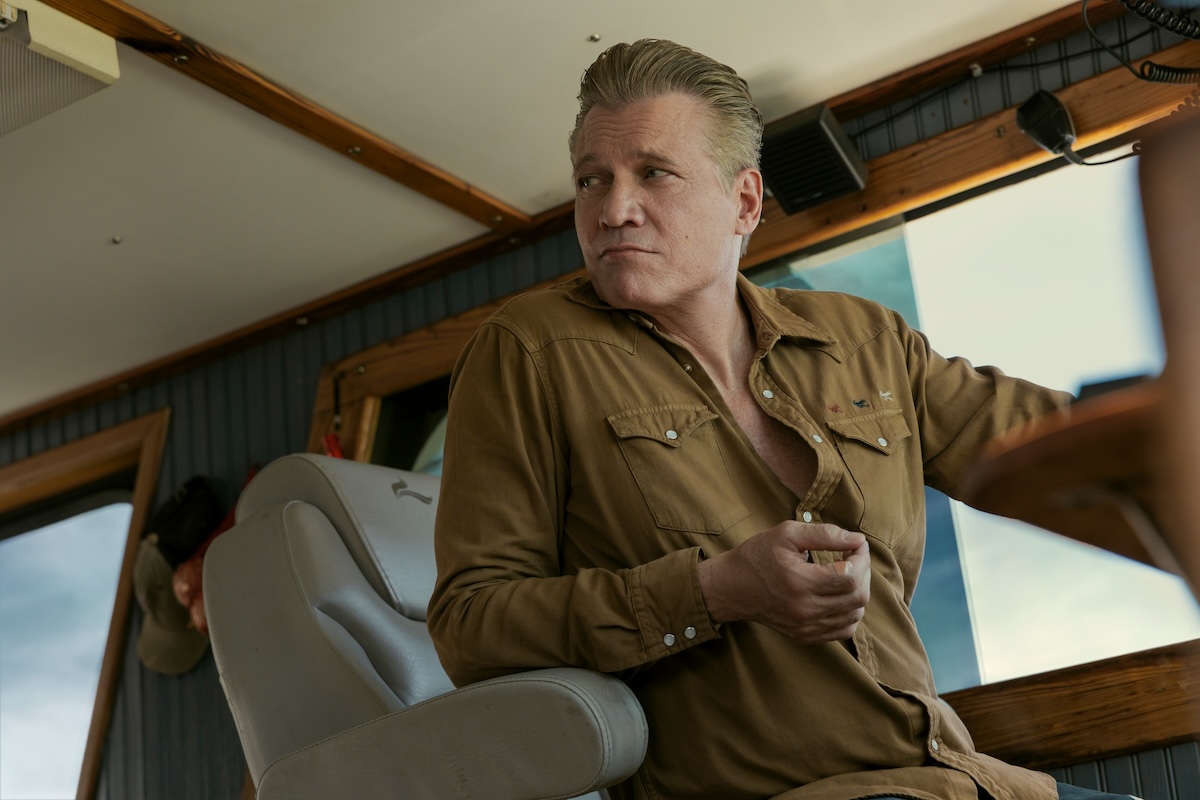
The finale ends with Belle seemingly taking the reins of the fishing empire right from under Harlan’s nose — and Harlan appears to be none-the-wiser right now. How does that cliffhanger set up a potential second season?
I think Belle, until this point, has stood by her husband. She married into the family. She wasn’t a Buckley. And I think it was around the seventh episode when she really lays it out on [Harlan] and she’s like, “I earned my name. I earned the name Buckley. I am a Buckley more so than you are.” I think right around there, she’s starting to figure out that, “You know what? I can’t stand in the shadows anymore. I’ve sat by, and he just makes a mess, and I’m always there to clean it up. Now I need to get in front of him so he just won’t make the mess to start with.”
So I think her point at the end is she’s just going to take control the same way Cane got into trouble, and she’s just going to just push him aside and stand tall and deal with it. But I think she’s going to take control. She knows that she can do it. And then, of course, we have the Parkers [another crime family] who they’re now beholden to, and I think there’s a whole family there of interesting people. We had one, [played by] Topher Grace, this year. I think we’re going to have a few more next year.
How did you land on the endings for the rest of the Buckleys? Given that you put all of them in danger this season, did you ever consider killing any of them off?
Well, we can still do that! I wanted to play out the dynamics of the family. I really love the dynamic between Bree and Cane and how she sees him as the golden boy, and he doesn’t feel like a golden boy at all. He sees his sister’s trouble, and now they have this third sibling that has entered the mix who’s kind of perfect. He actually walks in the door — smart, intelligent, with it all together — and the only thing wrong with him is he’s living with some grief and he’s looking for a place to belong. It’s like, how far will he go to have a family? I think that’s going to be Shawn’s [Rafael L. Silva] burden next season, which is, exactly how far will he go? Can he become a Buckley — and a true Buckley?
This show is a little bit about the sins of our father, and I wanted to put Bree on the right path so that she could perhaps have a whole different point of view next season. So I just wanted to get to the root of her drama, which was what she witnessed [as a child, with the killing of her paternal grandfather] and how [her family] just ignored her alcoholism. So now, maybe she and her brother can come together and fight a bigger enemy. I also wanted to see Cane and his wife, [Danielle Campbell’s] Peyton. She was the second choice, and she knows it. She knows she wasn’t the first pick. And now, at the end of the season, she is determined to become the first pick. So she’s married this guy, she had a child with him, and I think now it’s time to see them fall in love. They’re doing it in the reverse way.
This show is almost certainly going to draw comparisons to recent shows which have hit the cultural zeitgeist — “Ozark,” “Narcos,” maybe a little bit of “Succession.”
It’s not any of those things. [Laughs.]
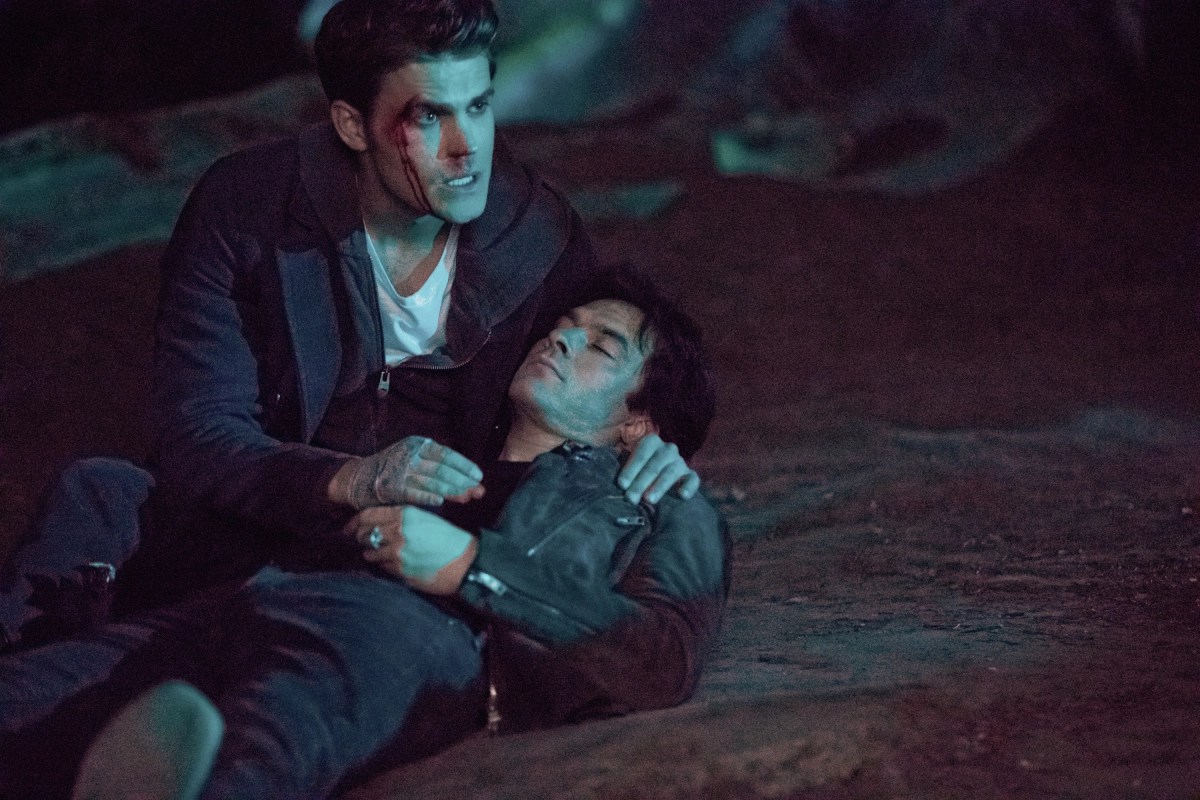
Be that as it may, people will still try to fit this series into a specific box or genre. As a creator and writer, even though the inspiration for this show is extremely personal, how cognizant are you about creating something that may have widespread appeal and that may tap into the cultural zeitgeist in the same way? Is that something that you ever think about or that an executive has ever brought up to you?
I don’t think of it maybe the way that you just expressed it — which was great, by the way. I think of it differently. I think of what’s not on television right now. What’s the show that I want to see? And more importantly, what’s a show that I can write that no one else can? What’s a show that I could create that no one else can create? I think I’m the only person who could have written that pilot script because I wrote it from a personal place. I wrote it from a place of family. I understand the [fishing] business. I know how it went belly up. And of course, a lot of writers came in and helped with the other episodes, and it was awesome. But I felt like this is a world that no one else was doing, so I chose to do it. I love returning to North Carolina, and I love just living in that landscape. It’s beautiful down there. It’s still full of so much, so I just want to bring that to the screen.
We’re only a few years away from the 30-year anniversary of “Dawson’s Creek.” How have you seen the business, and specifically the landscape for TV, evolve?
It’s completely different than when I first started, and I didn’t know how to make television back then. I was just thrust into it, and it was learn-as-you-go, but I loved it. “Dawson’s,” once again, was a very personal story, and no one else was telling that story, so I wanted to tell it. And the same with “Scream” as a movie. No one was making horror movies at that moment. So I said, “Alright, I want to make a horror movie that I want to see. I’ve seen all the horror movies now. I want to make one that speaks to that.” And that’s how “Scream” came about. I think you really just have to look around you and say, “What’s not there? What can you bring to this world?”
Television has changed so much. We have streaming. There’s so many ways everyone can be watching [content]. Part of me just loves it, and part of me is like, “Oh man, I wish we could go back.” But you can watch this hour-long drama and go, “Oh, this is a family drama. I’ve seen a family drama, but it’s not quite like this [other show].” But hopefully, there’s something comfortable about it; there’s some comfort food there for people to tap into, and they’ll just sit back and enjoy the eight episodes and binge them and just have a fun time. That’s what I want. We live in a really weird place right now. We’re in a weird time in the world, and I just want people to sit back and enjoy something for eight hours. I binge everything, so I’m hoping it’s a very bingeable show. That’s what we were trying to make — and to entertain and have fun. Those were our goals.
I feel like they were the same goals 20 years ago when TV was in a different world. They’re the same ones now — and it’s not “Succession.” [Laughs.] This is a story about the Buckleys, and I love “Succession,” but I wouldn’t make that comparison. People would be sadly disappointed. I’ve read that comparison, and I’m like, “Oh no.” [Laughs.]
We also just passed the 15-year anniversary of “Vampire Diaries.” It’s so funny to me in retrospect that you and Julie Plec didn’t think there would be a demand for more vampire content after “Twilight,” but here we are all these years later, and the genre seems to be en vogue more than ever.
You never know what’s going to resonate. I wish I had a magic ball, but I don’t. I think there’s always room for a great vampire story. “Interview with the Vampire” — that book came out in 1976, and now we’re seeing it as a TV show. I watched Season 1, and I loved it. So I guess they are en vogue now, but I don’t know. I love genre. You’re asking someone who just lives in the world of genre, so I’m always going to be up for a good vampire story.
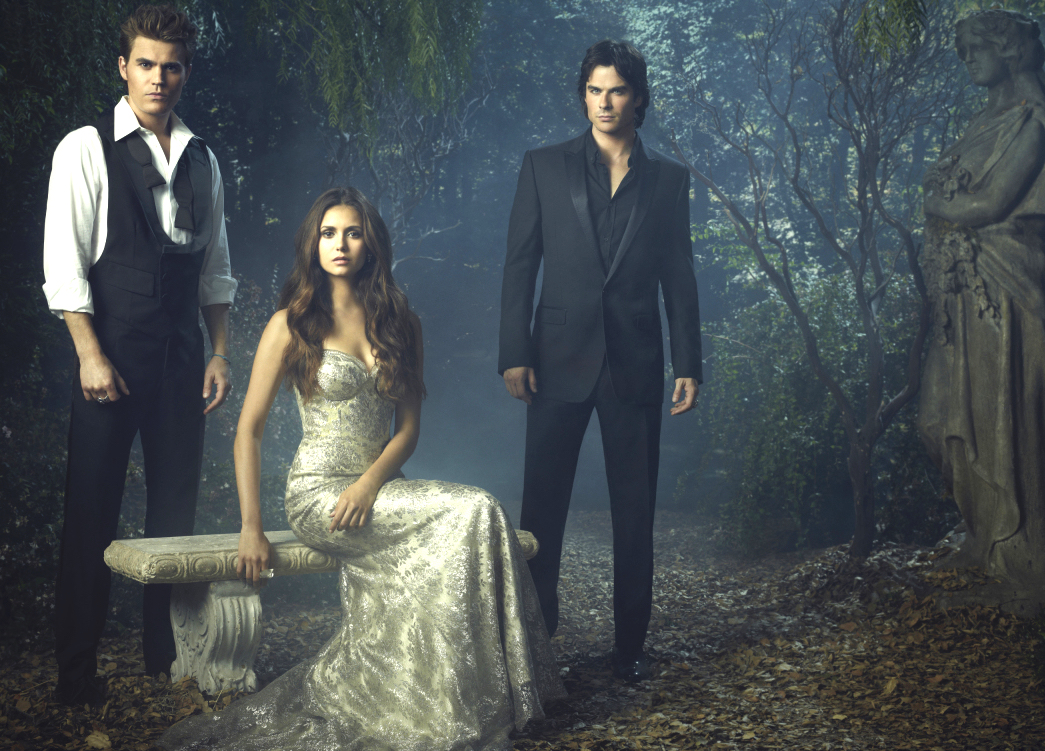
Why do you think vampires have stood the test of time?
Vampires are just dark and sexy and mysterious, and they live on the fringe of society and come out of the dark. I just think this idea that there’s this person that could kiss you or bite you — I mean, there’s this inherent allure to vampires in their ability to seduce and do everything, and they’re very dangerous. I just think they’re sexy. I think they’re romantic. I think they’re scary. They’re all those things. So if you tap into a great story with them, it’s always fun.
“Vampire Diaries,” was, once again, another very, very personal story. It was me dealing with someone who had died and I was in grief over someone, and I sat down and wrote a story about a dead vampire and a girl who was dead inside, and they brought each other back to life.
Out of curiosity, have you seen Ryan Coogler’s “Sinners”?
Yes, I have. [Smirks.]
And what did you think?
I really, really loved it. I thought it was awesome, and I loved the little “Faculty” shout-out too. [Williamson penned the screenplay for Robert Rodriguez’s 1998 sci-fi horror film, and Coogler cited the film as one of his inspirations.]
You are no stranger to creating iconic love triangles — both on “Dawson’s Creek” with Dawson-Joey-Pacey and “Vampire Diaries” with Damon-Elena-Stefan. What do you think are the keys to creating an epic love triangle?
Well, they all three have to be winning; they all three have to be heroes. You can’t have a villain in the bunch. That’s how I look at it. If you have a villain, then you’re going to know exactly who to root for. I think it was so easy to portray Damon as the bad one, and you wanted Elena to pick Stefan. But I think we quickly divulged something very, very personal about Damon that made us realize that maybe there is something in him that can love and maybe love will save it. So we just set it up where everyone has a love for the triangle, but also a want that if they don’t get who they want, if they don’t get their soulmate, if they don’t get the person they love, then it will completely affect the rest of their life.
In “Vampire Diaries,” it was so awesome because everything was epic and the stakes were so high all the time, and we were just turned up to a 10 all the time. Our goal was just to make everything epic and then slow it down and surprise the audience every now and then with something tender and sweet. That was another show where we wanted to be shocking, so we’d kill someone in the middle of something.
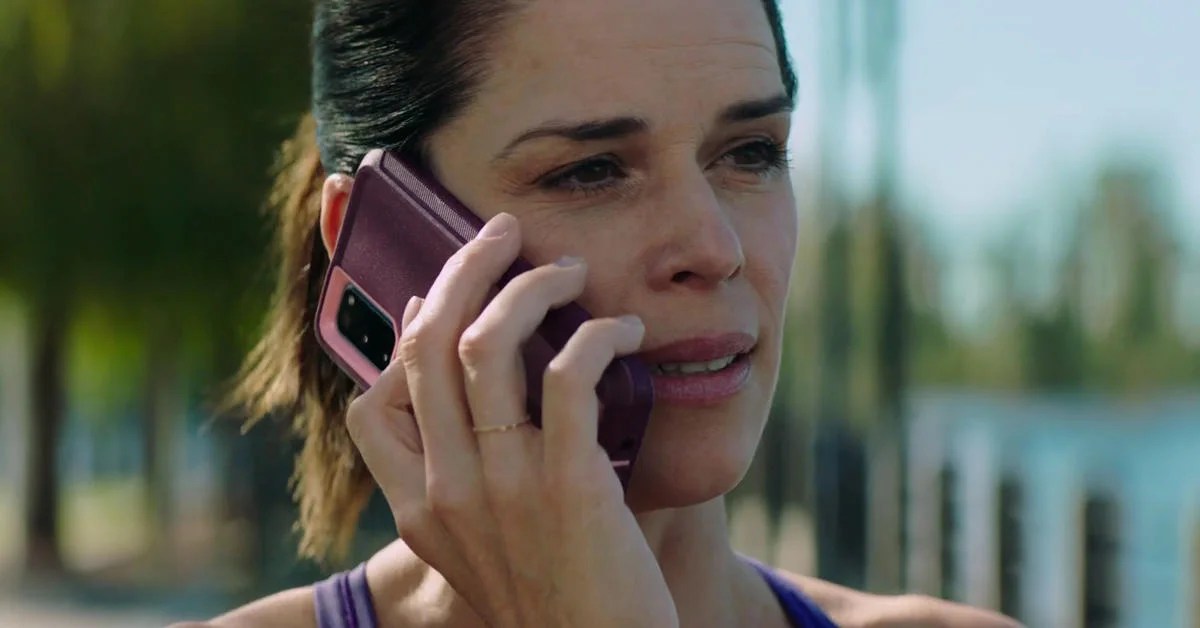
You are in the middle of doing post-production for “Scream 7,” which will center on Sidney Prescott (Neve Campbell), and this is your first time in the director’s chair since 1999’s “Teaching Mrs. Tingle.” Is it true that Neve was responsible for convincing you to direct this sequel?
Yes! It was a Zoom, so she got to see me cry. [Laughs.] No, it was lovely. She called with the studio, and she wanted to be the one to ask me to do it. I think somehow there were all the conversations that were had without me, and then they Zoomed me and asked me, and it was awesome.
What have you made of the experience of returning to “Scream,” and how are you looking to breathe new life into the franchise? [Williamson agreed to direct amid a period of upheaval following the departures of stars Melissa Barrera and Jenna Ortega.]
I don’t know. [Imitates the shrug emoji.] Look, we had a blast doing it. It was a wonderful time. I never really left the franchise. I was always there on the sidelines [as an executive producer] throughout it all, and the reason I stepped away was mainly Wes [Craven], because I was like, “Our time has passed. How can I make a ‘Scream’ without Wes?” I wasn’t going to be a part of any of it, and then I realized I didn’t want there to be a “Scream” made without me, so I stayed involved and I’m really glad I did. The same way Wes created a family, I think this group of people have created a family, and it’s been quite wonderful to be a part of it.
I can’t really talk about it without giving stuff away, but I did go down a road that has never been gone down before, I think… [Pauses.] No, that’s not true. Nevermind. That’s a lie! [Laughs.] It’s “Scream 7.” I did everything I could to make it feel new and fresh, so we’ll see what happens.
All episodes of “The Waterfront” are now streaming on Netflix.

